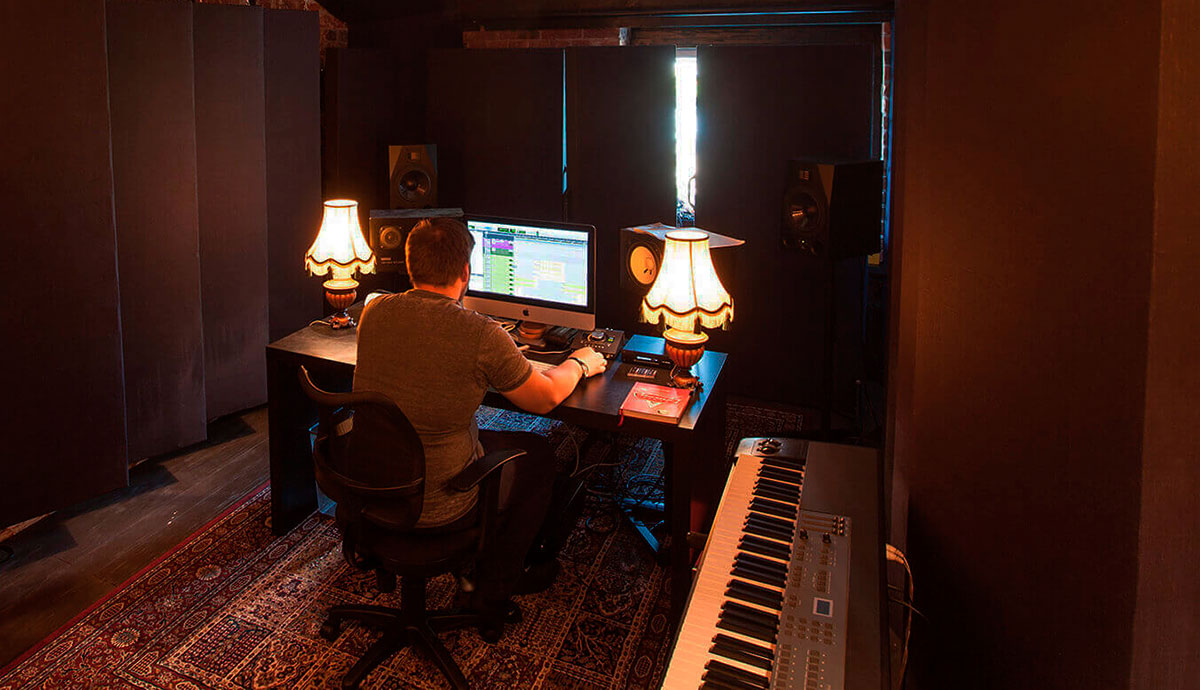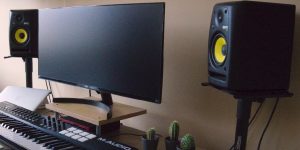A frequent cause in the practice of sound engineers, a client has paid for mixing, mastering, or tune vocals and has the best quality expectations from a recording studio, but expectations may not be met. The quality of the song is assessed very subjectively; this is a matter of taste, or, more simply, a lottery: the client will like it or not.
In this article, we will tell you how to properly listen to a mixed recording and not be disappointed in vain. And we will also tell you about the most common mistakes and how to avoid them.
Let’s start by explaining the very concept of “post-processing” and the important factors that affect it.
Post-processing – is mixing, mastering, vocal tuning, editing of recorded material, and sound design.
Ok, we figured out the term, let’s look at the main factors that affect post-processing.
Sound engineer experience and portfolio
The less experience a sound engineer has, the cheaper his services will be. But this does not categorically mean that the work will be bad. Even a novice sound engineer will be able to do quality work. Rather, the problem is how long it will take to complete the task and whether adjustments will be needed.
An experienced sound engineer knows how to spend less time on work and get more results. Besides knowing the equipment, an experienced sound engineer is also a psychologist – he understands how to help an artist in a song. Attending or buying specialized masterclasses, working with other people’s multi-tracks, knowing how to work with all kinds of plugins, and an impressive portfolio – all this affects the sound engineer’s fee.
Please pay attention to the qualifications of the performer, do not hesitate to ask the sound engineer about his previous projects.

Hardware, software, and plugins
Post-processing requires a computer, DAW software, and a set of plugins. Check with the sound engineer about the licensed software in the studio. The importance of licensed software cannot be underestimated. It is impossible to be 100% unlicensed software work. There is always the possibility of failure. As a result – of the reset of all plugin settings used in the session – all the work done on the track can be done in vain.
Control room
The professional studio will have a Control Room – properly designed in terms of acoustics and location of sound traps. And at this stage of the article, we come to the fact that you need to know what affects listening to the finished track, even in the control room.
Speaker quality
To capture all the details and notice processing errors, high-quality professional monitors are needed. Headphones and monitors are also suitable for these purposes.
Noise level
You need to evaluate the work exclusively in a quiet room. Any extraneous noise, even the smallest, will prevent you from hearing the details of the song. It is ideal to do this in a special isolated room. Such a room is ideally drowned out from the point of view of room acoustics. It should also contain professional studio monitors, traps, and other necessary equipment, including software and plugins.

Eliminate extraneous advice
Evaluation of the song is a subjective matter. And since the order is yours, the TK for mixing and mastering was given by you – and you should make a decision. The most important thing is that the finished song meets your requirements.
Arrangement quality (backing tracks)
Do not blame the studio for poor-quality mixing if you brought a backing track in mp3 or with midi-sound – post-processing will not help.
Vocal
Don’t rely on vocal tuning and post-processing if the vocal is at the level of an amateur singer. For a good song performance, hire a vocal teacher and work on your voice so that it falls within the range you need.
And in conclusion, it is necessary to mention one of the most important points. You pay for the work of the sound engineer, not for the guarantee that you will like it.
The song, like the video, is very subjective. Too many factors affect whether you like the result or not. Be that as it may, post-processing is a collaboration between an artist and a sound engineer: you know what kind of sound you need (or definitely don’t need), and the sound engineer must grasp your wishes. Feel free to give the most accurate and understandable TK.
We are supported by our audience. When you purchase through links on our site, we may earn an affiliate commission at no extra cost to you.
Our newsletter
* We will never send you spam or share your email with third parties





